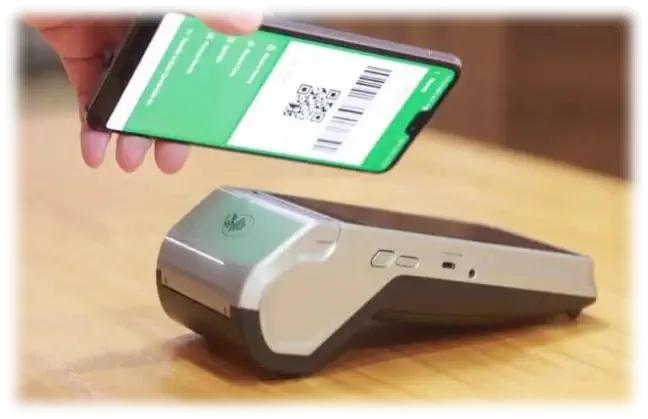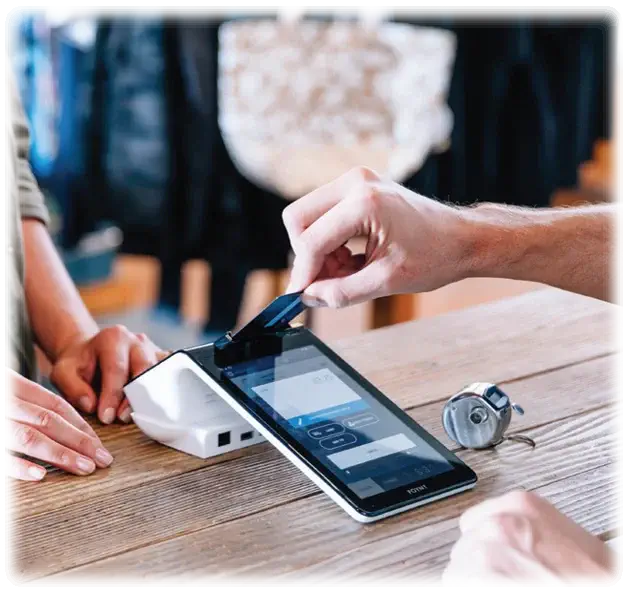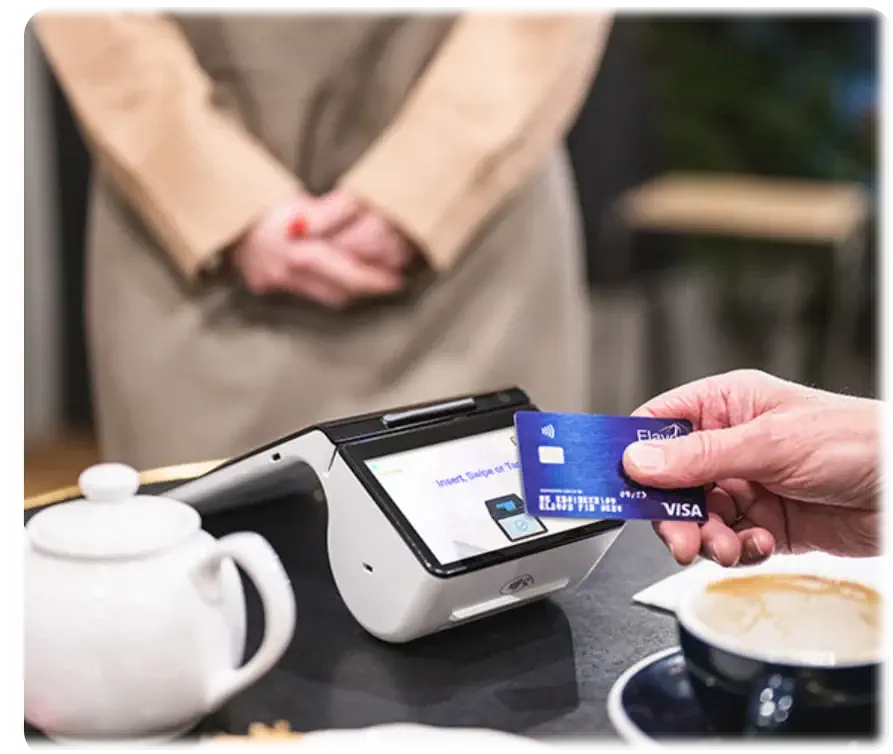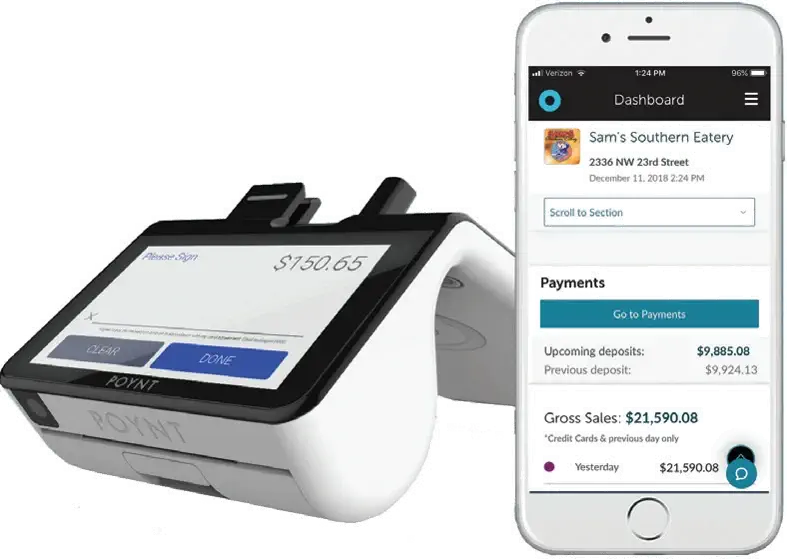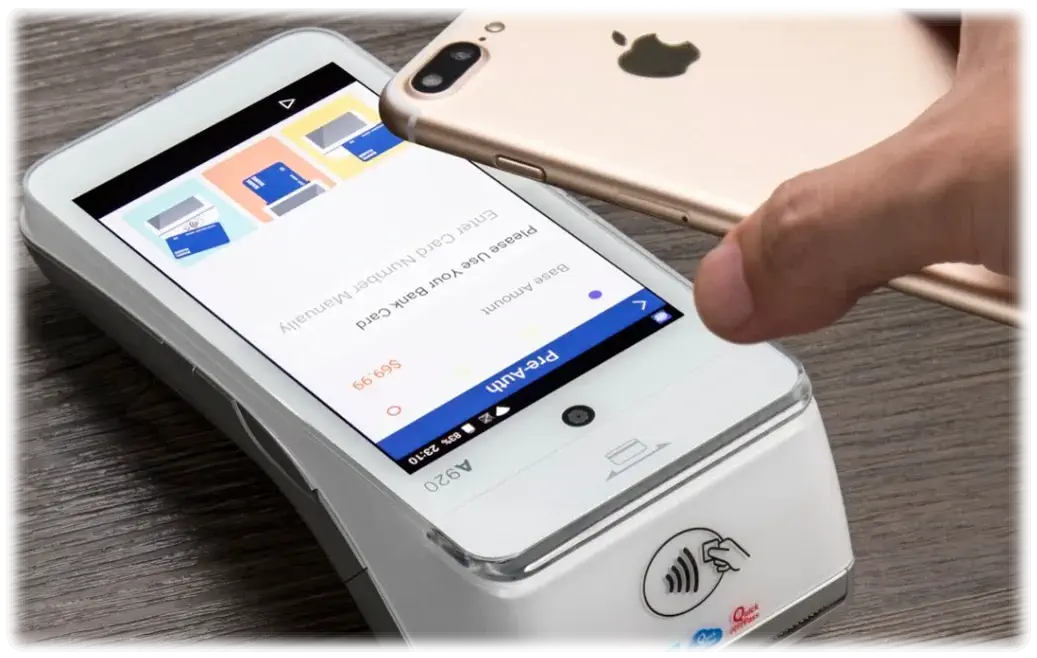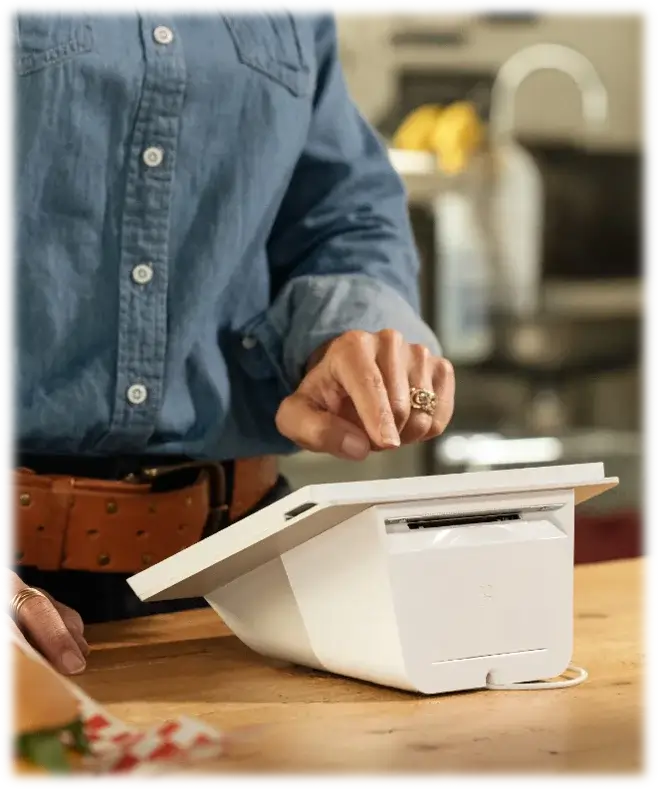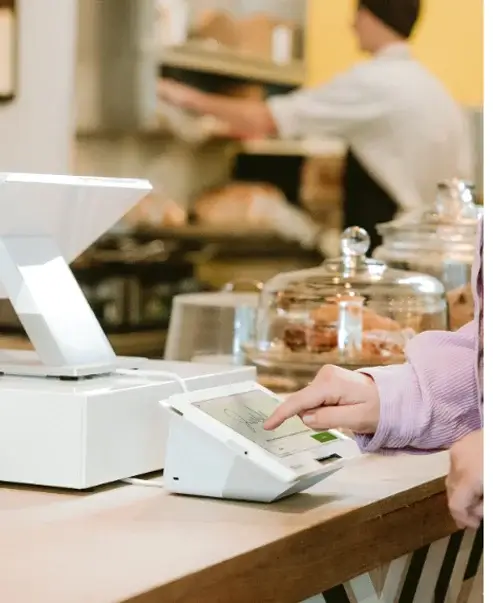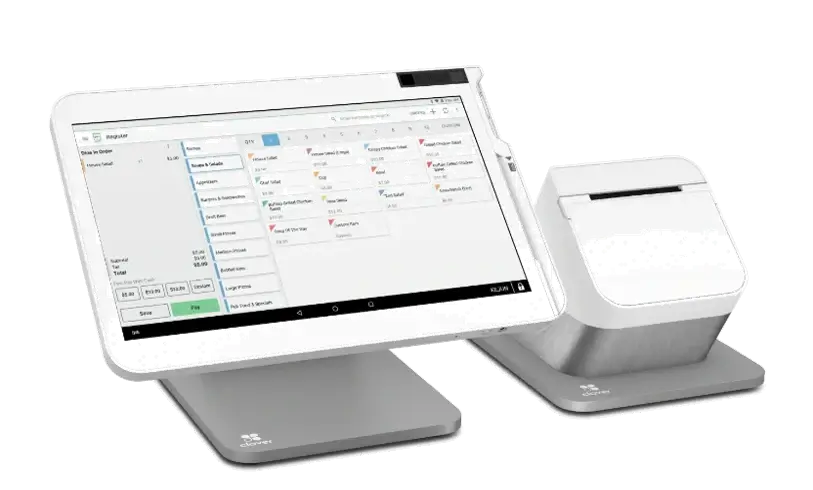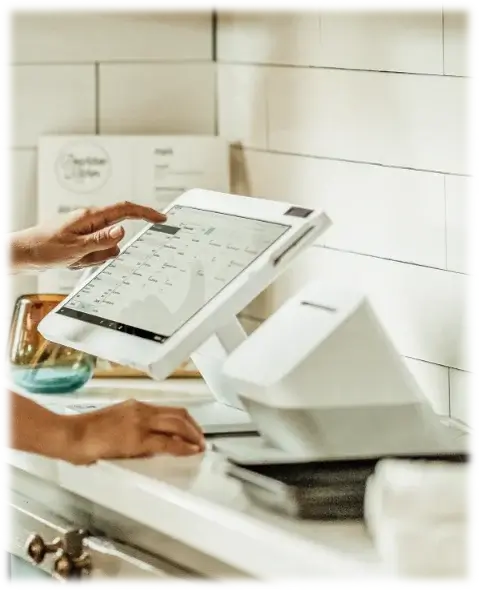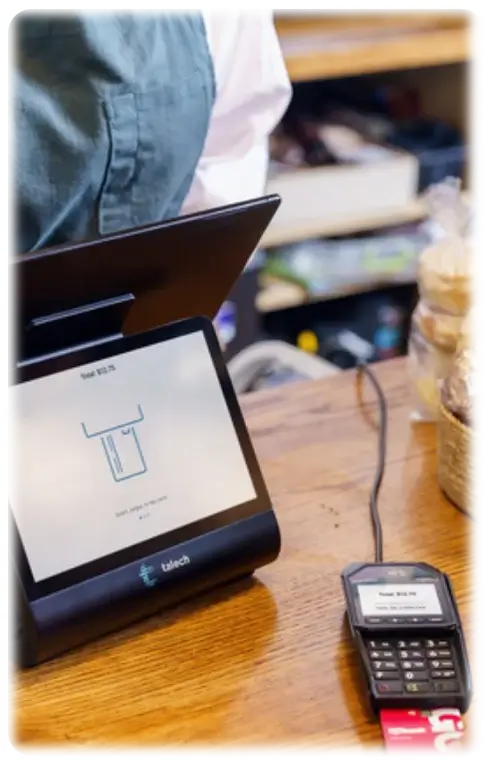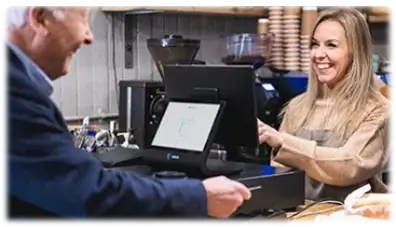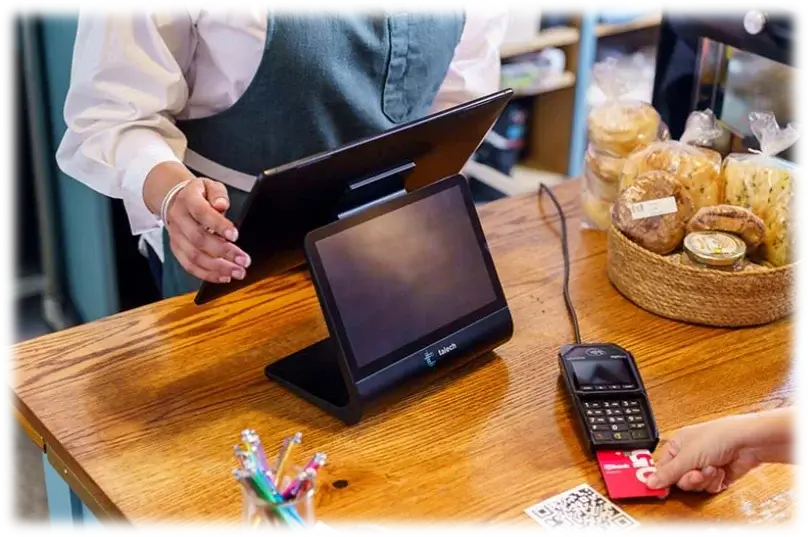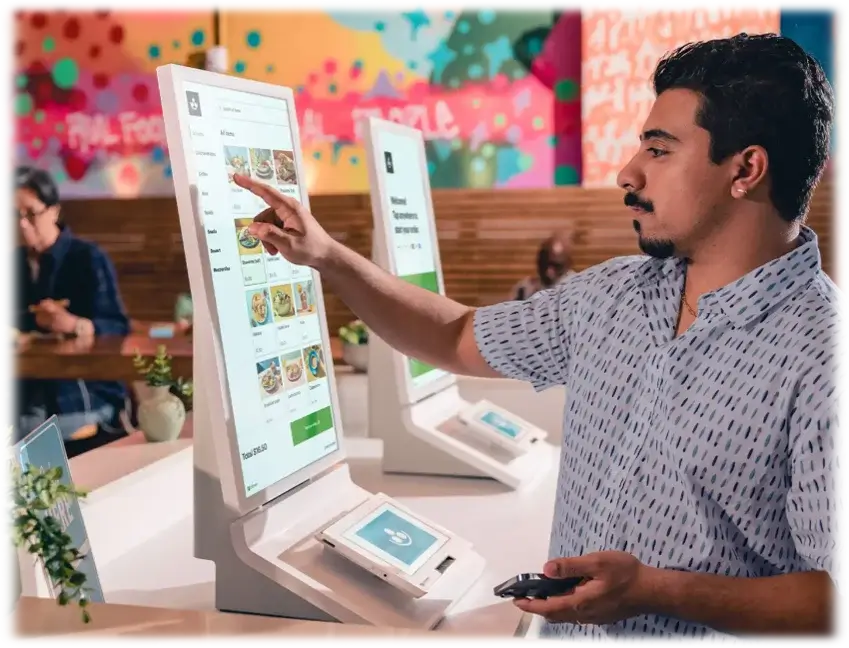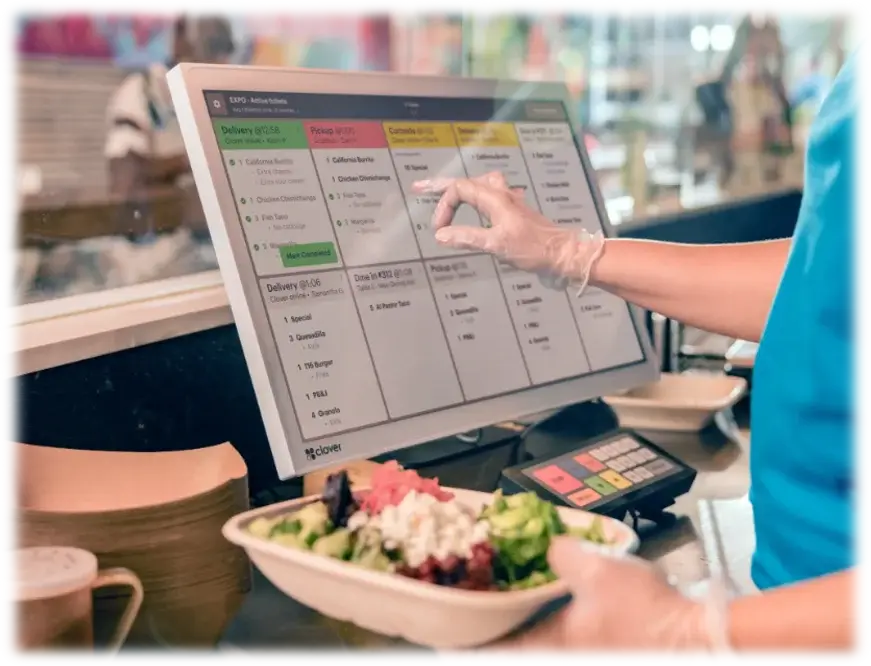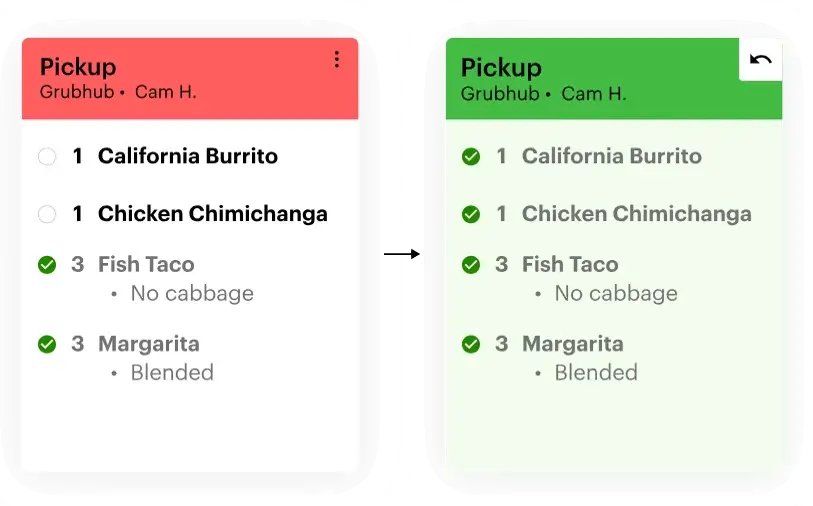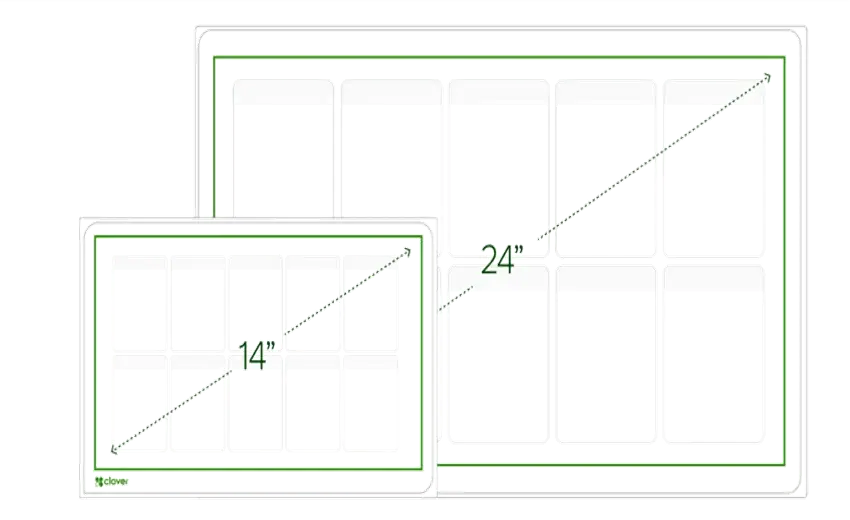Point of Sale (POS) Systems Explained: A Guide for Businesses
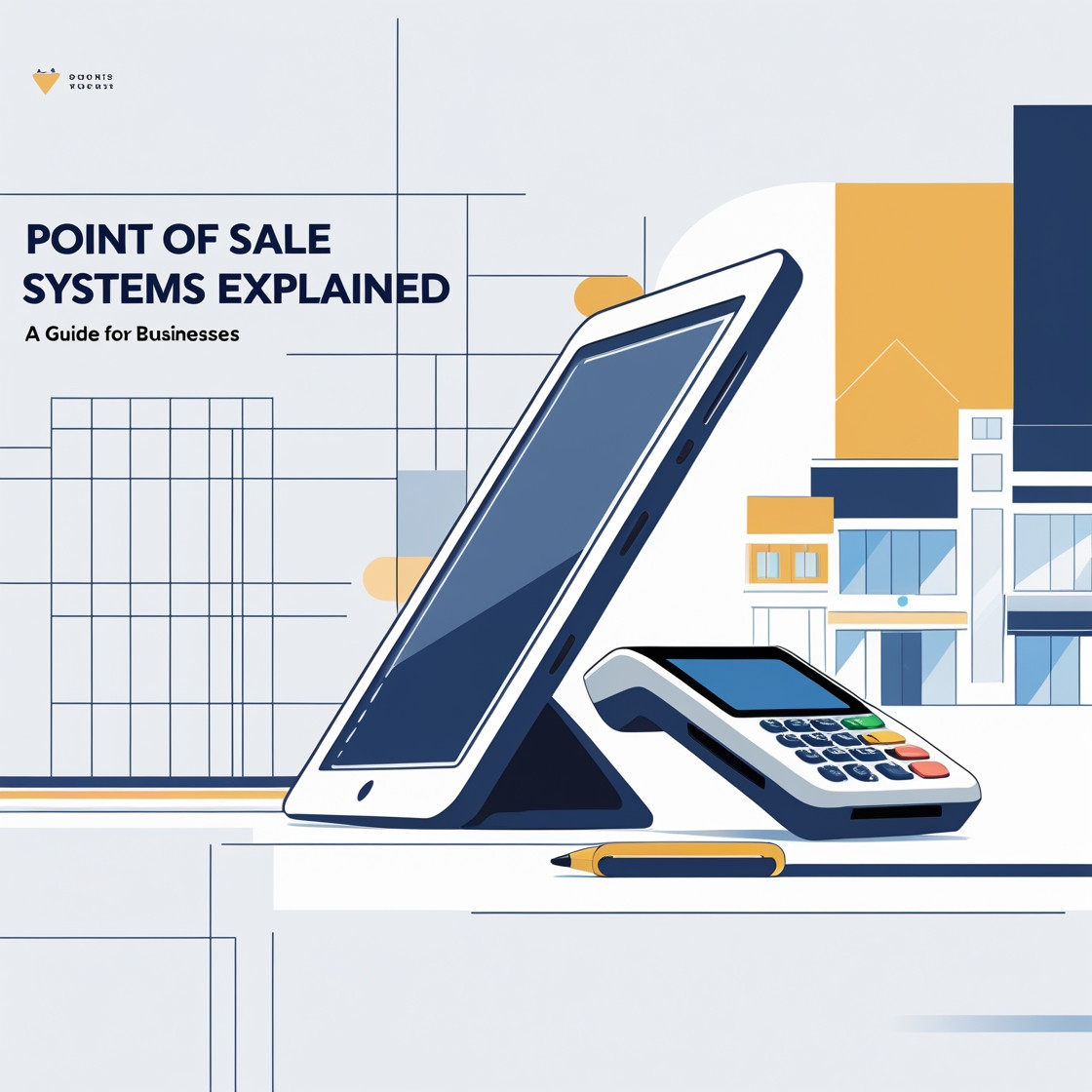
Learning the ins and outs of Point of Sale systems is crucial for any business seeking to remain competitive. Whether you own a small boutique or a large restaurant, selecting the right POS system can transform your operations, streamline transactions, and enhance the customer experience. This comprehensive guide will take you through everything you need to know about POS systems — from their origins to the latest types and features, all presented in an easy-to-read and entertaining manner.
What Is a Point Of Sale (POS) System?
POS System: Point Of Sale System
Fundamentally, a POS system is the hardware and software setup used by businesses to process sales transactions. It's not only a cash register; it's a robust tool that manages sales, tracks inventory, processes payments, and provides valuable data insights.
Point of sale meaning: It is the location and manner in which a sale transaction is made. Modern POS systems are electronic, advanced, and part of business processes today.
The Evolution and the History of Point of Sale Systems
The evolution of point-of-sale systems dates back to the 1970s, when electronic terminals replaced cash registers. POS devices initially were basic, and their tasks were limited to recording sales and printing receipts. As time passed and technology improved, POS systems became increasingly integrated, encompassing inventory management, customer data tracking, and even employee scheduling.
Nowadays, POS systems are cloud-based, mobile, and customizable, allowing them to meet various business requirements. From conventional POS terminals to the innovative Clover Kiosk POS systems, the transformation continues to push the boundaries of what POS technology can achieve.
Why Your Business Needs the Best Point Of Sale System
Selecting the optimal point-of-sale system is crucial for maximizing efficiency, enhancing customer care, and driving profitability. An effective POS system streamlines transactions, minimizes errors, and provides valuable insights that inform strategic decisions.
Picture a restaurant streamlining orders and payments with Clover POS, or a retail outlet automating inventory tracking with Square POS. These are just some of the things that POS systems can do; they provide real-time analytics, marketing, and integrations that put your business ahead of the game.
Types Of POS Systems: What's Best For Your Business?
Understanding the various types of POS systems enables you to select the most suitable option for your needs. The following are the primary categories:
1. Conventional POS Systems
They are POS terminals installed at a checkout desk. They're typically found in retail outlets and restaurants. They are more durable, offering complete feature sets, but at a higher price.
2. Mobile POS Systems
Perfect for companies requiring flexibility, these systems operate on smartphones or tablets. They're ideal for service providers, food trucks, or pop-up stores. Point-of-sale machine solutions, such as Square POS, make mobile payments a breeze.
3. Cloud-Based POS Systems
They keep data online and can be accessed from anywhere. Businesses appreciate the scalability and real-time data updates. Point-of-sale (POS) online solutions are gaining popularity.
4. Kiosk POS Systems
Clover Kiosk POS systems are a good example, providing self-service for customers, reducing wait times, and enhancing the user experience.
Features To Look For In The Best POS System
When selecting the best point of sale system, keep in mind the following features:
Ease of use: Simple pos point of sale pos software
Compatibility: Compatible with your current pos device or hardware
Payment options: Credit, debit, contactless, and mobile payment support
Inventory management: Real-time tracking and alerts
Customer relationship management (CRM): Store customer data for personalized service
Reporting and analytics: Insightful POS data to inform business decisions
Customization: Tailored to your specific industry needs
Highlighting Popular POS Systems: Square, Clover, And More
Square POS is renowned for its flexibility and ease of use, making it the preferred point-of-sale software for small businesses. It has a free basic version, with paid upgrades available for enhanced features.
Clover POS, particularly with its Clover Kiosk POS systems, offers a customizable point-of-sale (POS) experience tailored for the retail and hospitality industries. Its modular nature enables businesses to choose hardware and software elements that suit their requirements.
How POS Systems Enhance Business Operations
The use of POS systems simplifies point-of-sale (pos) transactions, minimizes errors, and quickens checkout times. They also offer point-of-sale (POS) displays, which can be used to promote goods and facilitate upselling.
Additionally, point-of-sale (POS) information facilitates the analysis of sales patterns, tracking of inventory, and understanding customer preferences. More brilliant advertising campaigns and stock planning are made possible through this data-driven strategy.
Real-World Applications of POS in Action
Point of sale example: A coffee shop employing a personalized POS tool like Square POS for rapid payments and inventory tracking, with the addition of features in the POS system for small businesses to record best-selling beverages and customer visits.
Another example: A clothing store utilizes Clover POS's system for efficient sales, inventory management, and loyalty schemes, all of which are accessible through point-of-sale machines and POS terminals.
Frequently Asked Questions (FAQs)
What does 'POS' mean, specifically 'point of sale'?
It means the location and system where customers pay for their transactions, either using physical terminals or mobile phones.
What are the four types of POS systems?
They consist of traditional point of sale (POS), mobile POS, cloud-based POS, and kiosk POS.
What is an example of a POS point of sale?
A cash register checkout counter, utilizing a POS device to ring up purchases and accept payments, is a typical example.
What does POS mean on a charge?
It signifies a point-of-sale transaction, typically appearing on your billing statement when you make a purchase.
What is a POS debit charge on a debit card?
It's a debit transaction made through the POS system, which deducts funds from your account at the merchant's terminal.
How do I avoid POS charges?
This is about fee transactions—using free-pay payment processors or bargaining rates can minimize expenses.
The Best POS System To Boost Your Business
Investing in the top point-of-sale system that suits your business requirements can be a game-changer. Whether you choose Square POS, Clover POS, or a customized POS system, the goal is to streamline operations, enhance the customer experience, and gain valuable insights from POS data.
Keep in mind, the correct POS system isn't about technology—it's about inspiring your employees and pleasing your customers. As technology improves, so should your business tools. Make the right choice, and see your business thrive.


